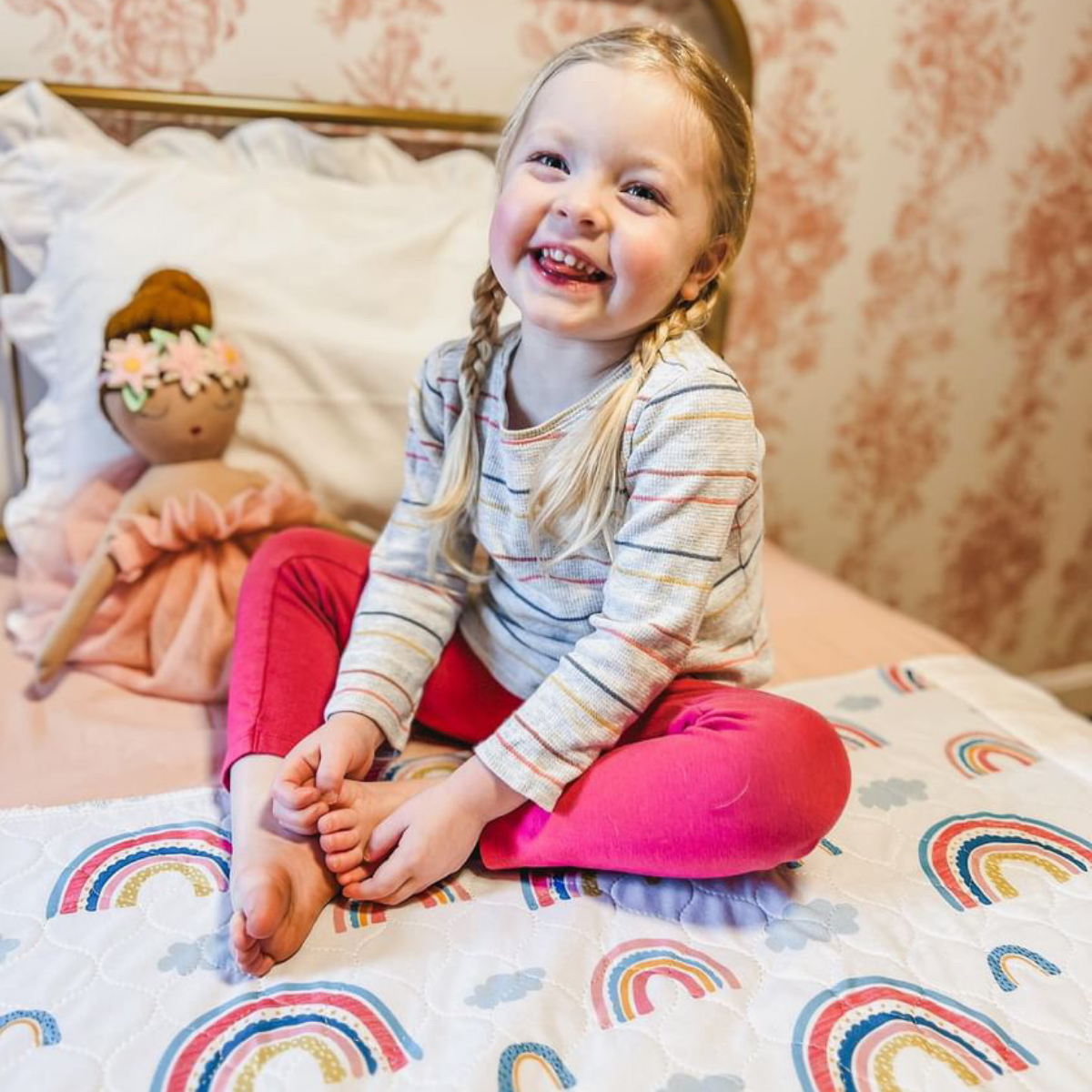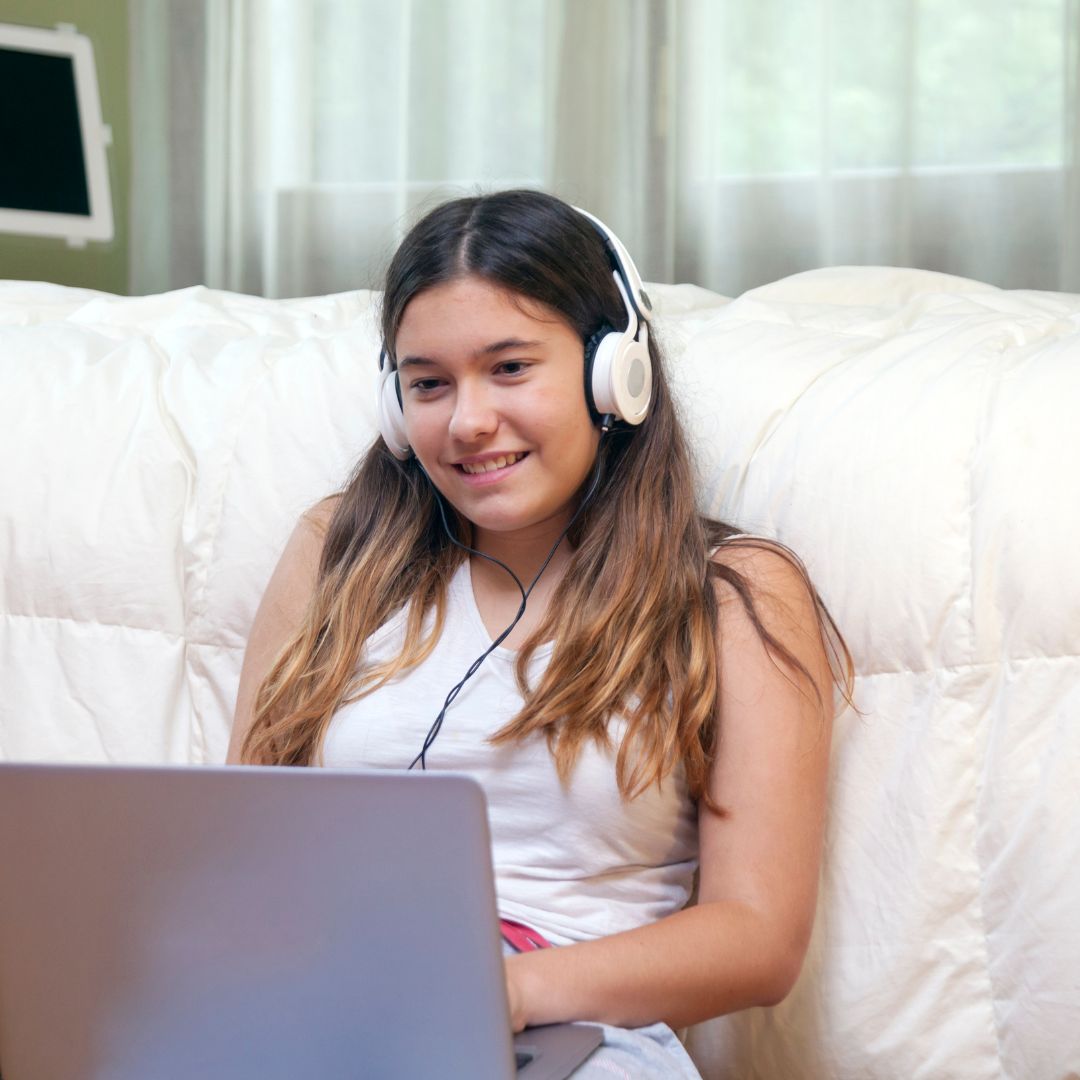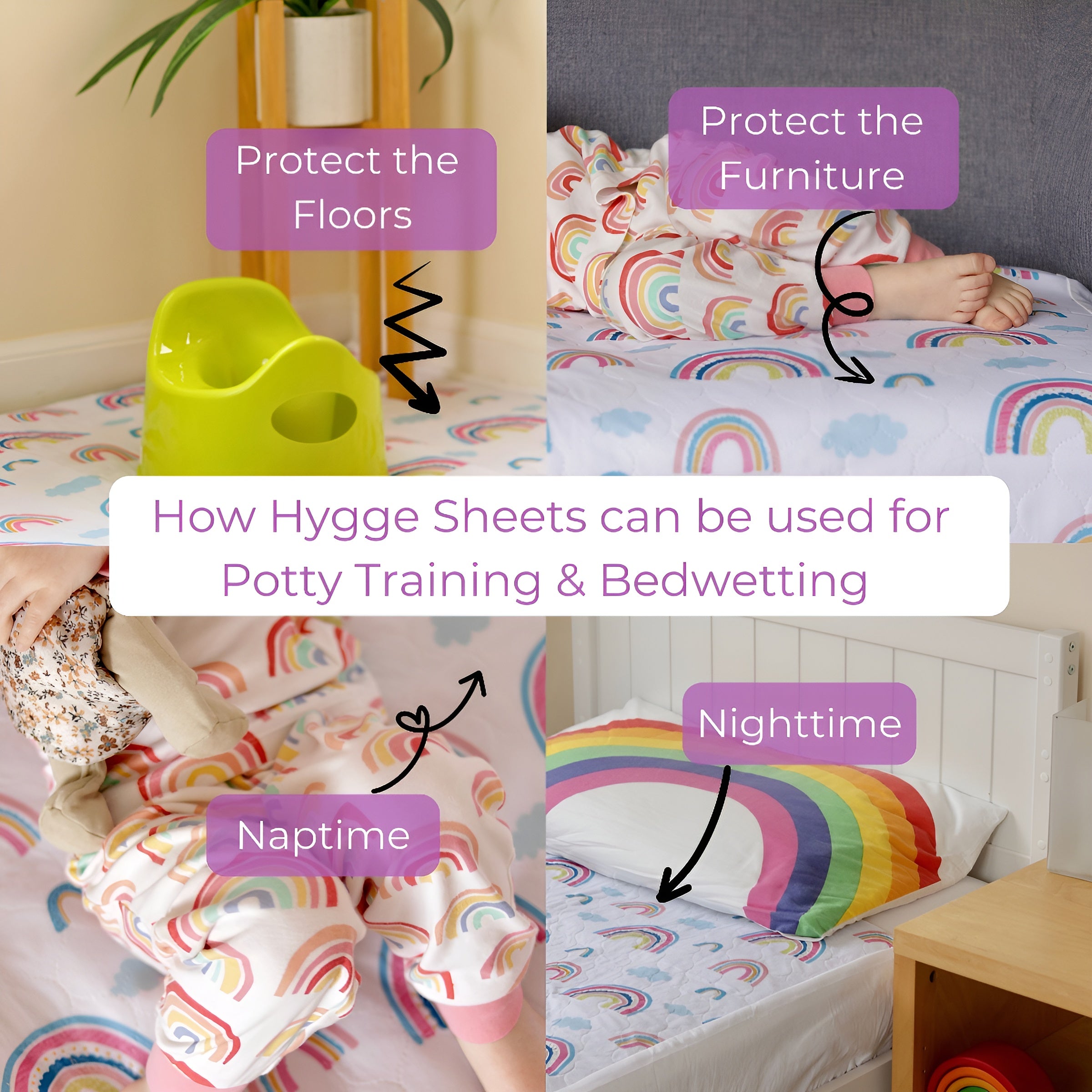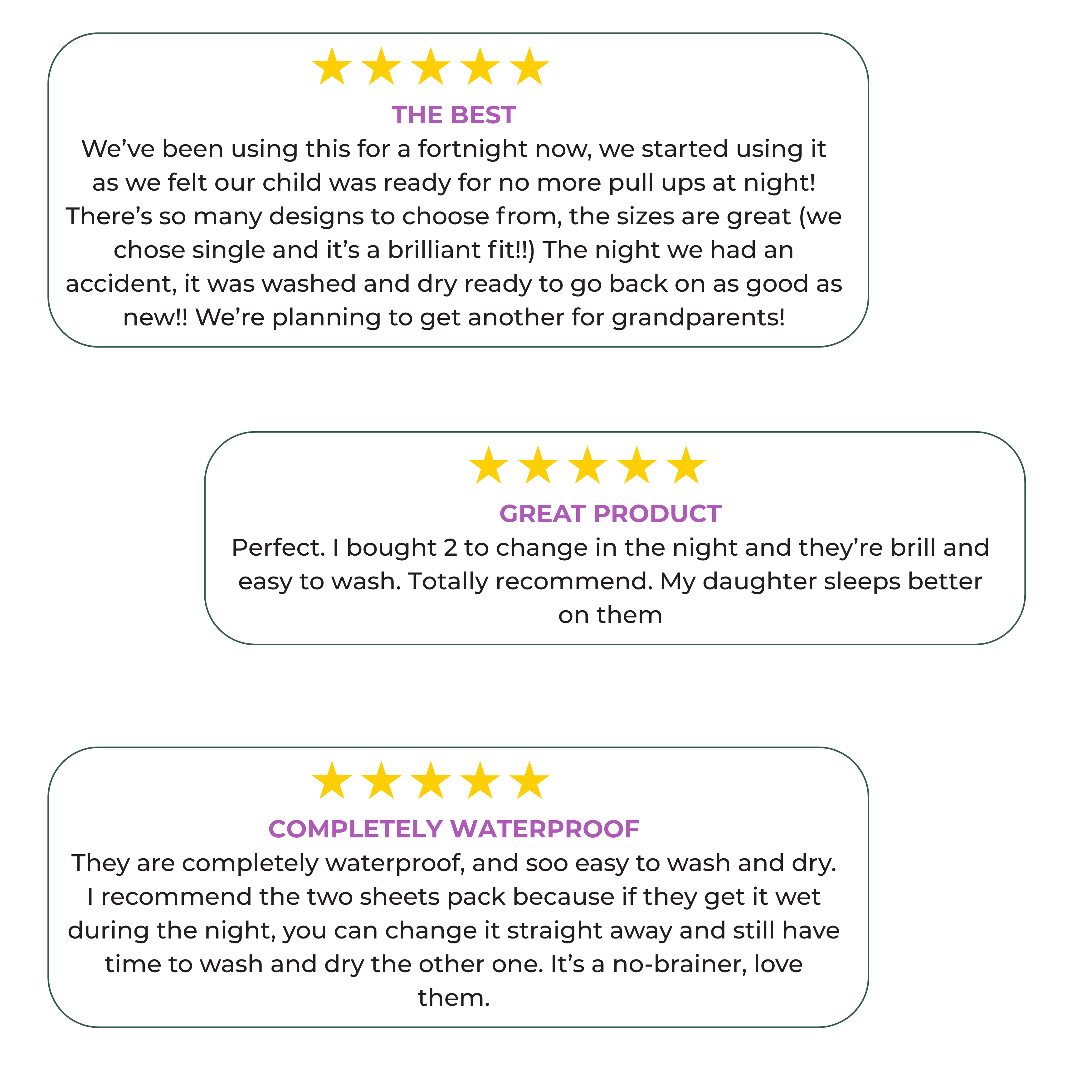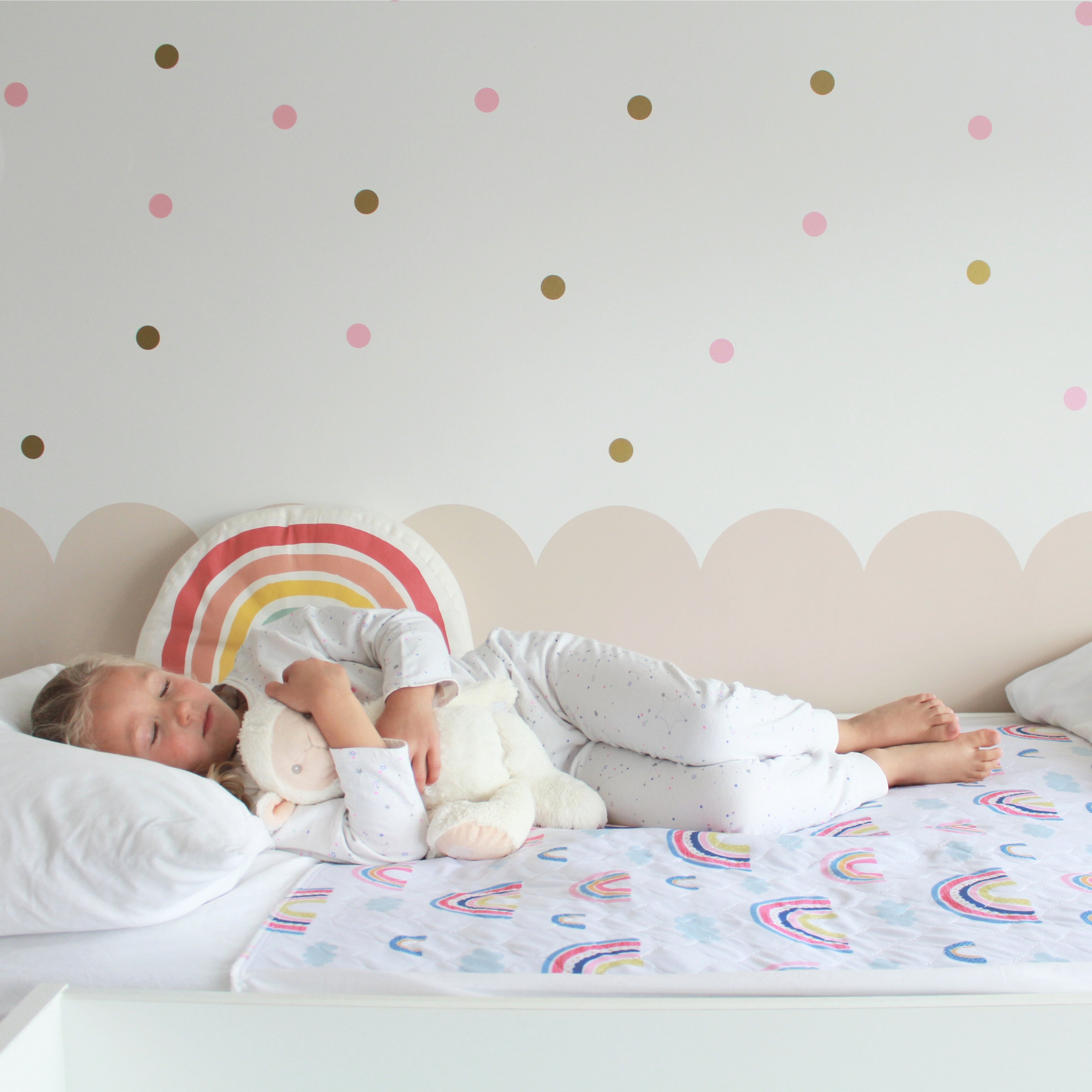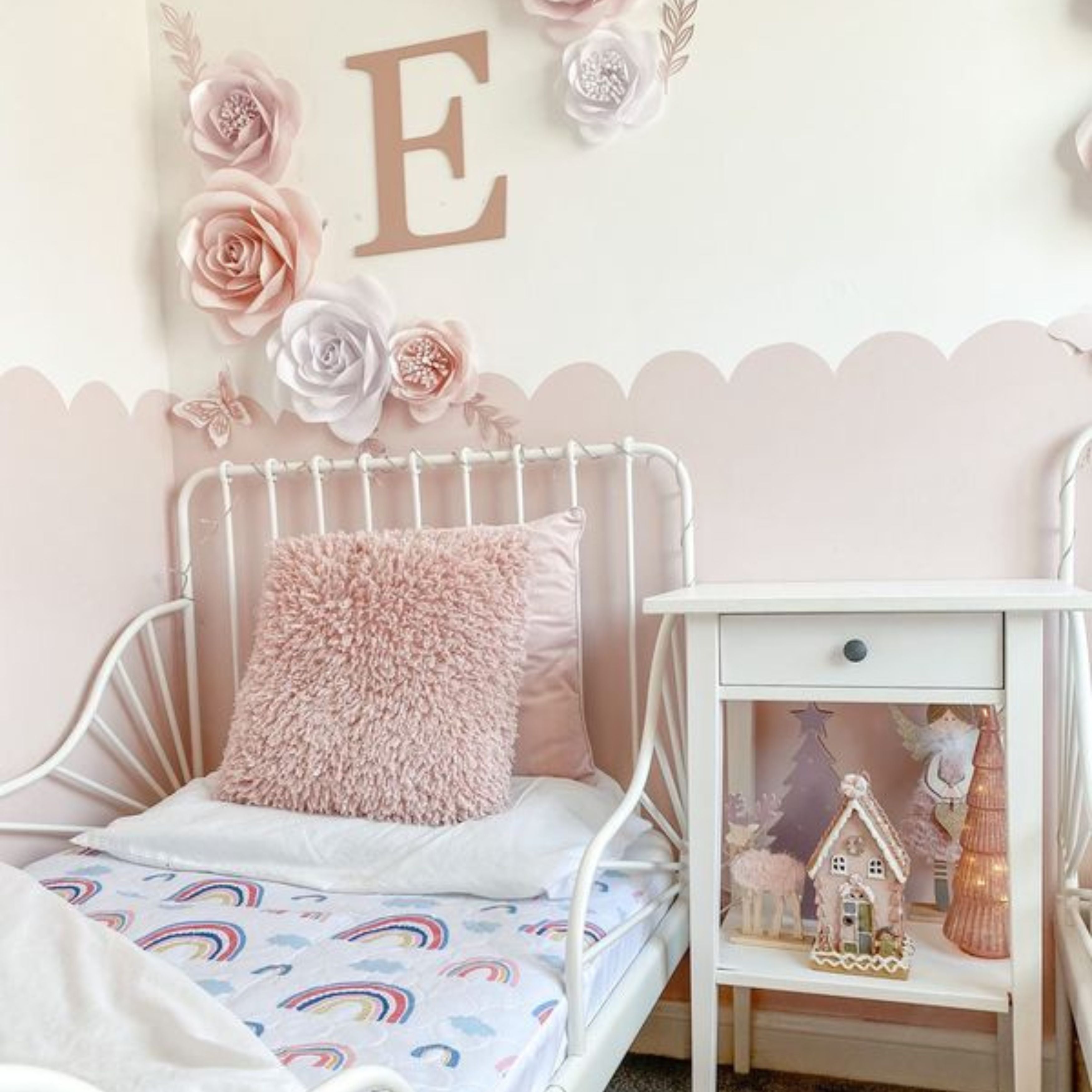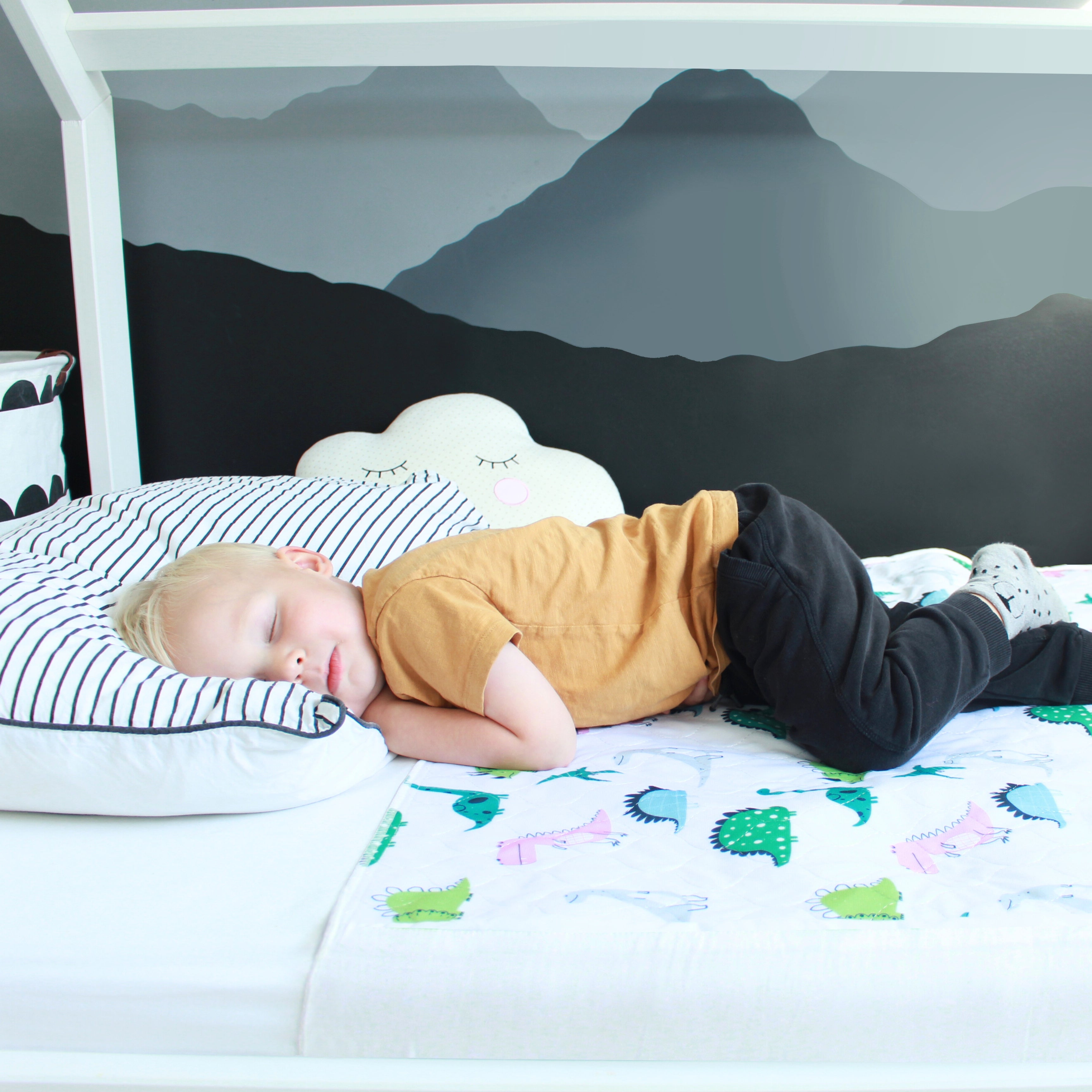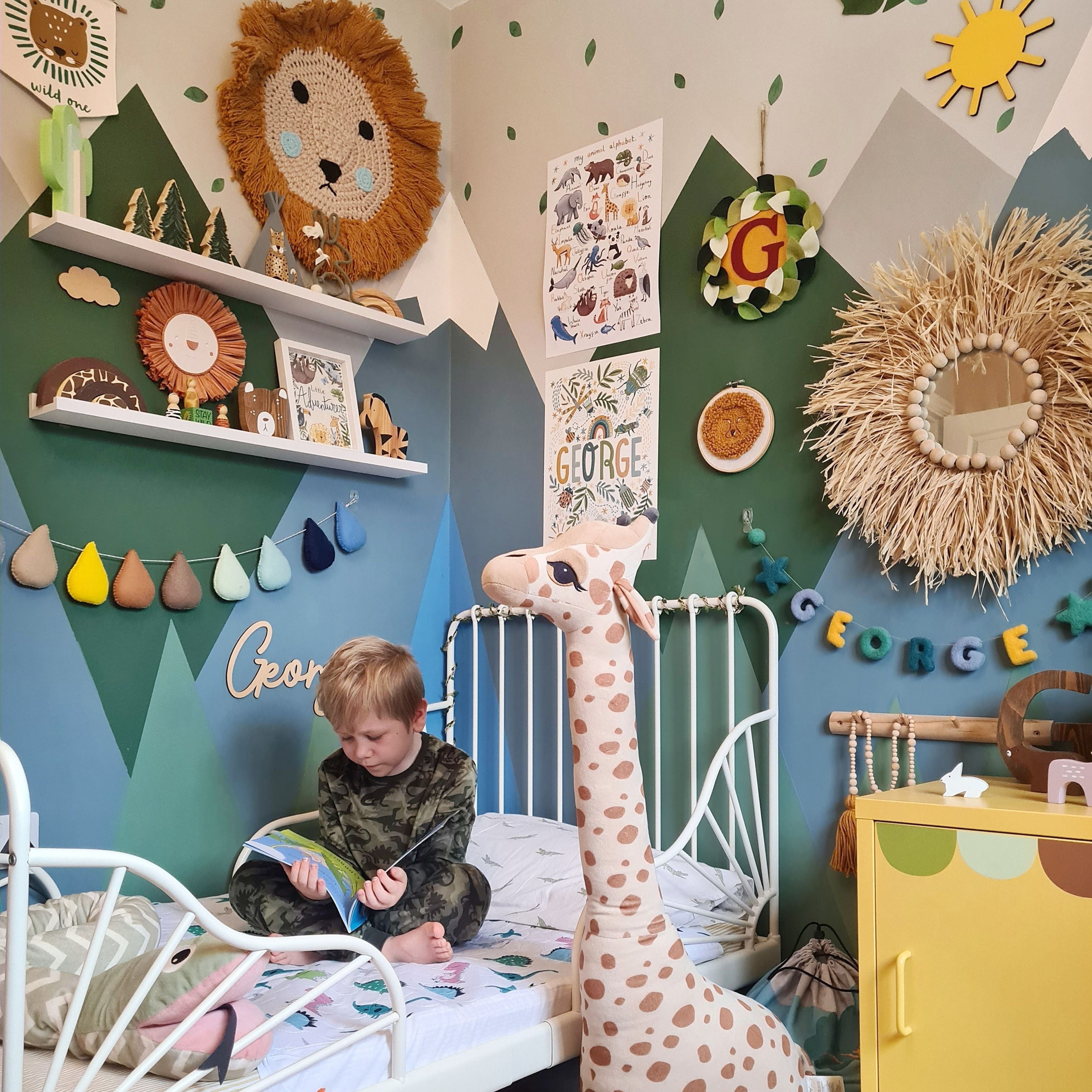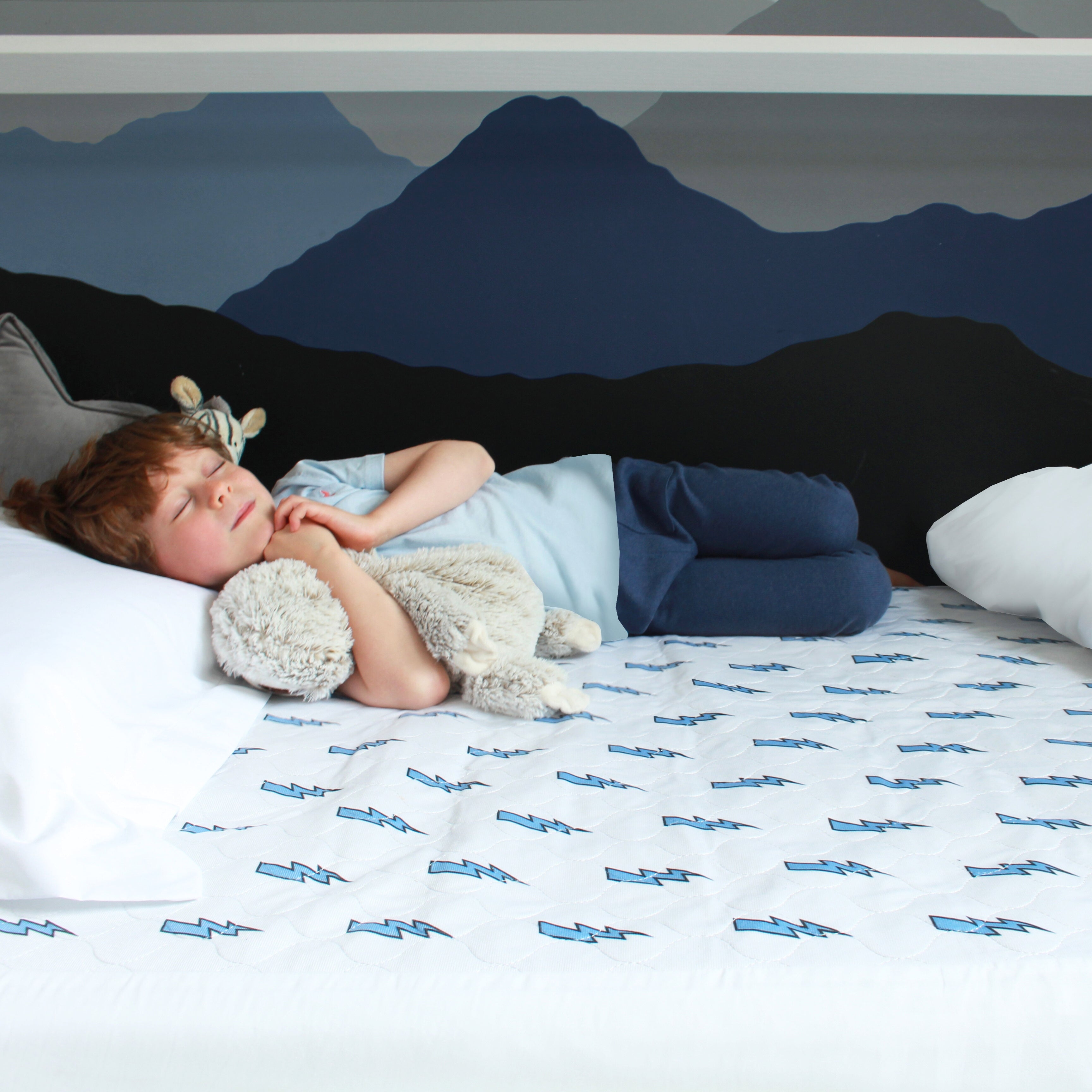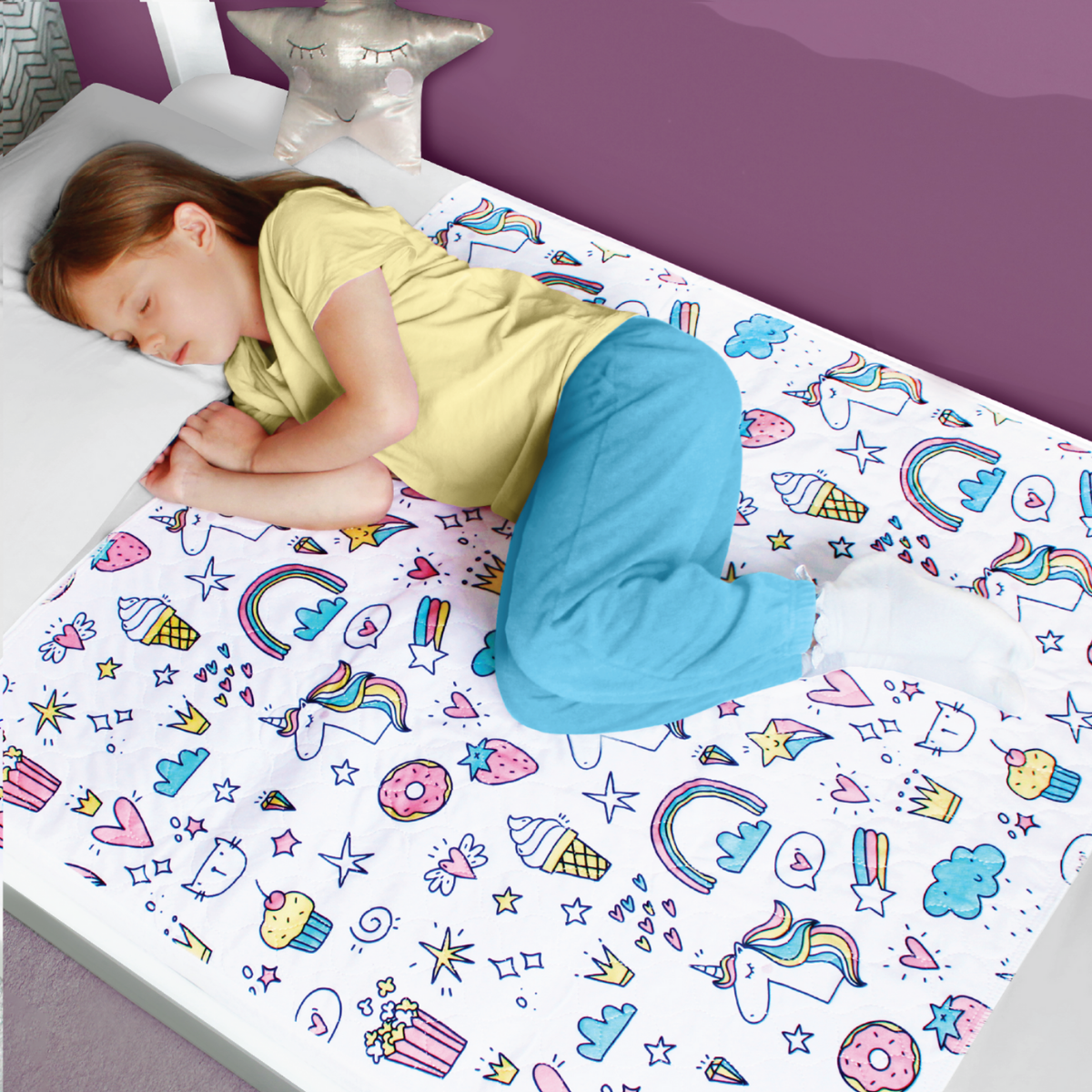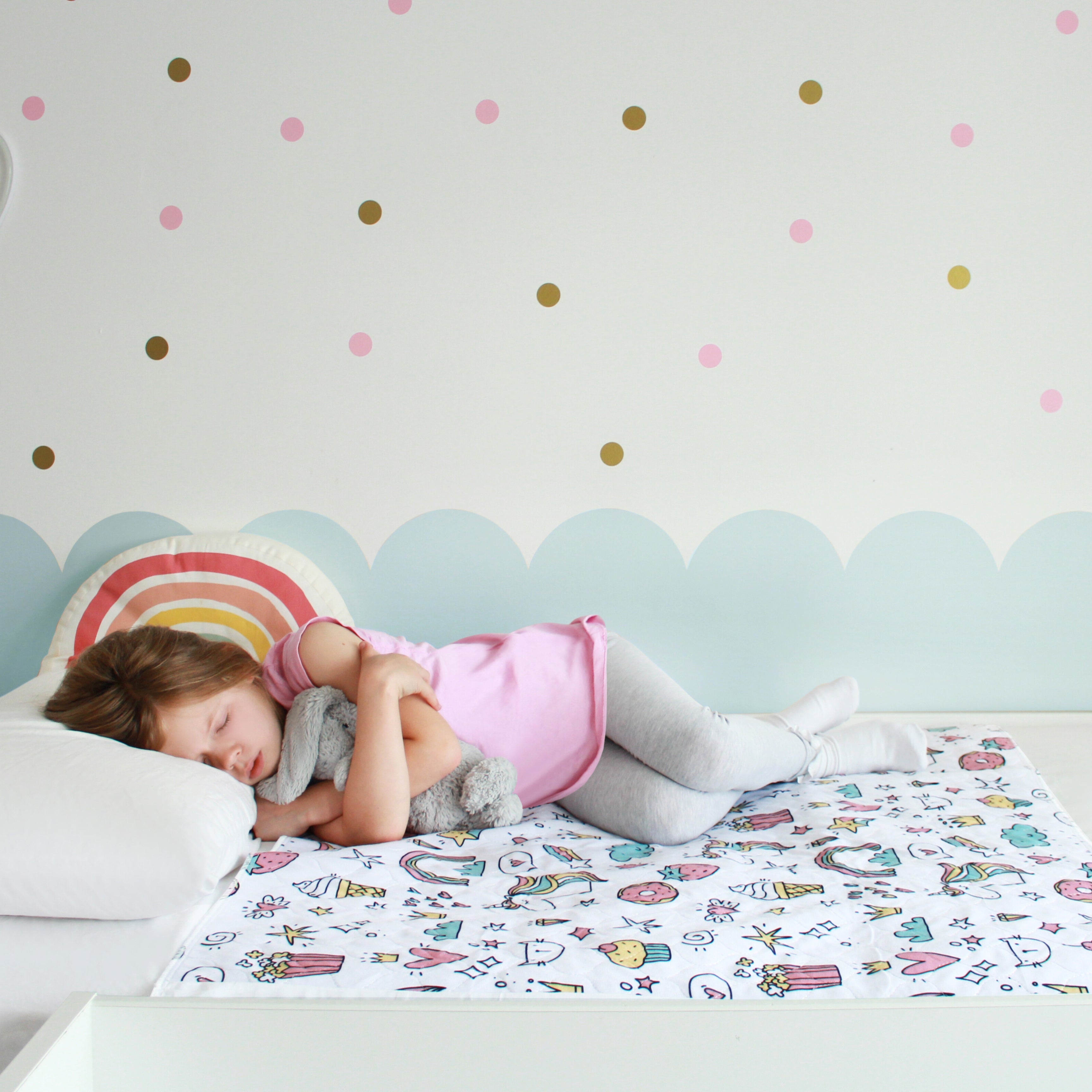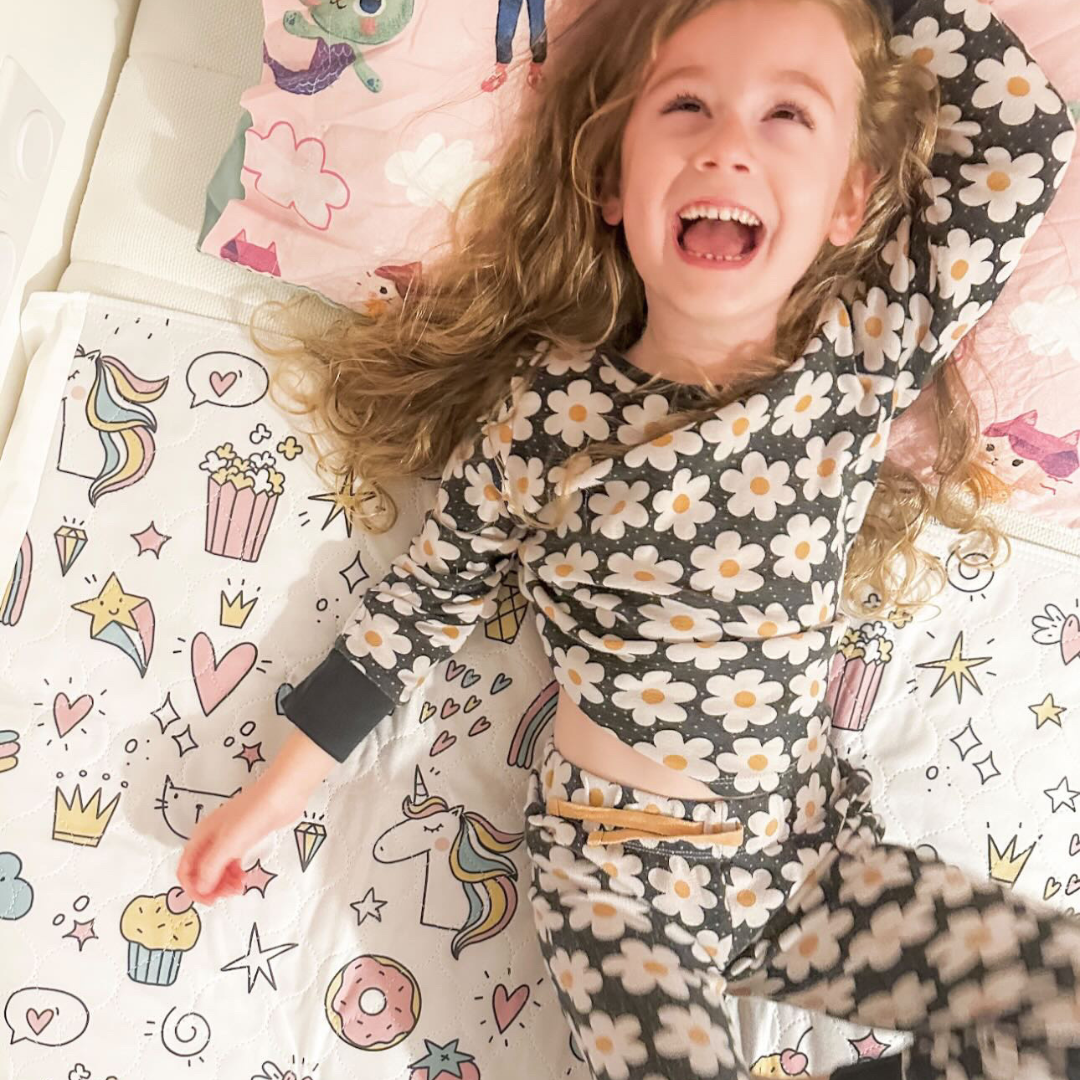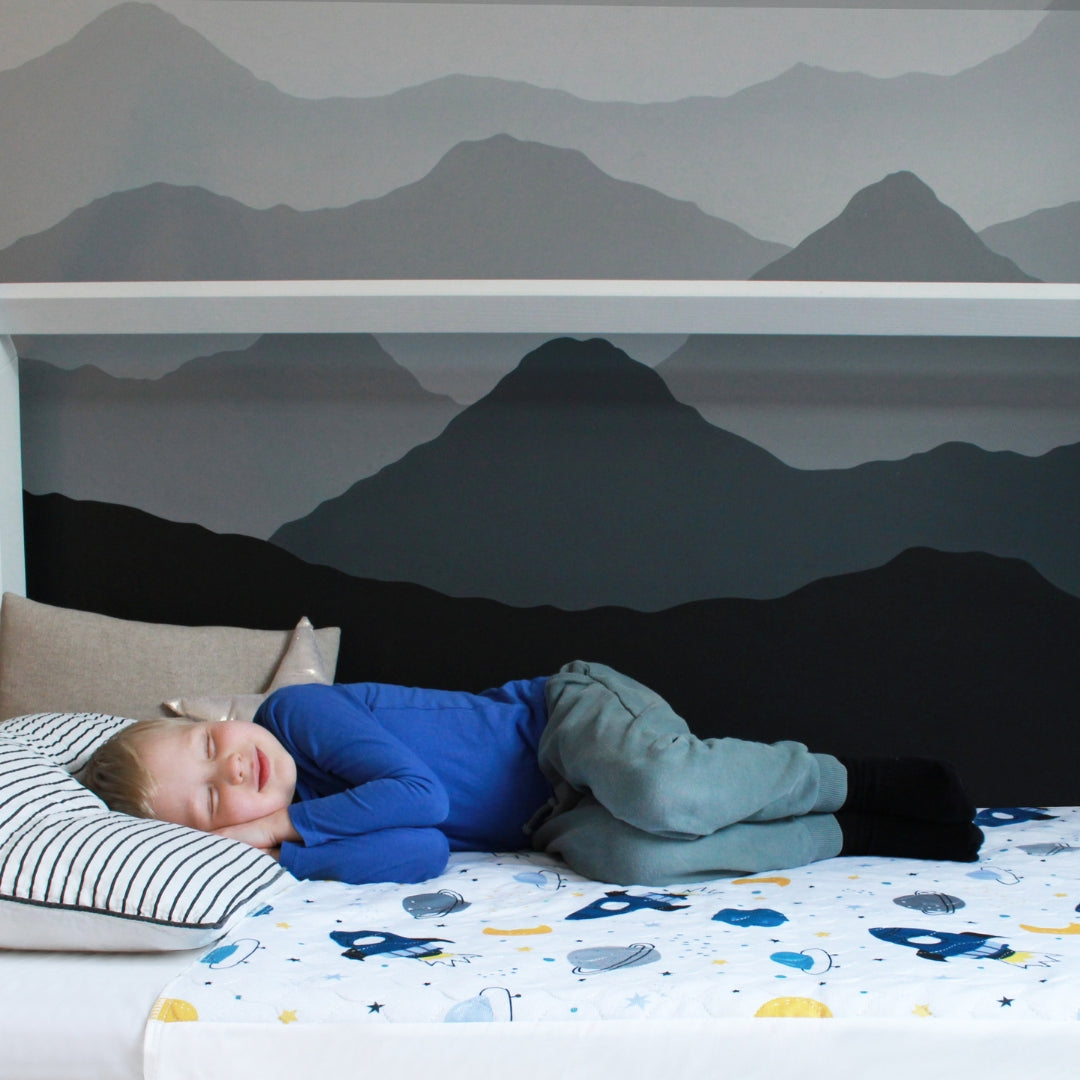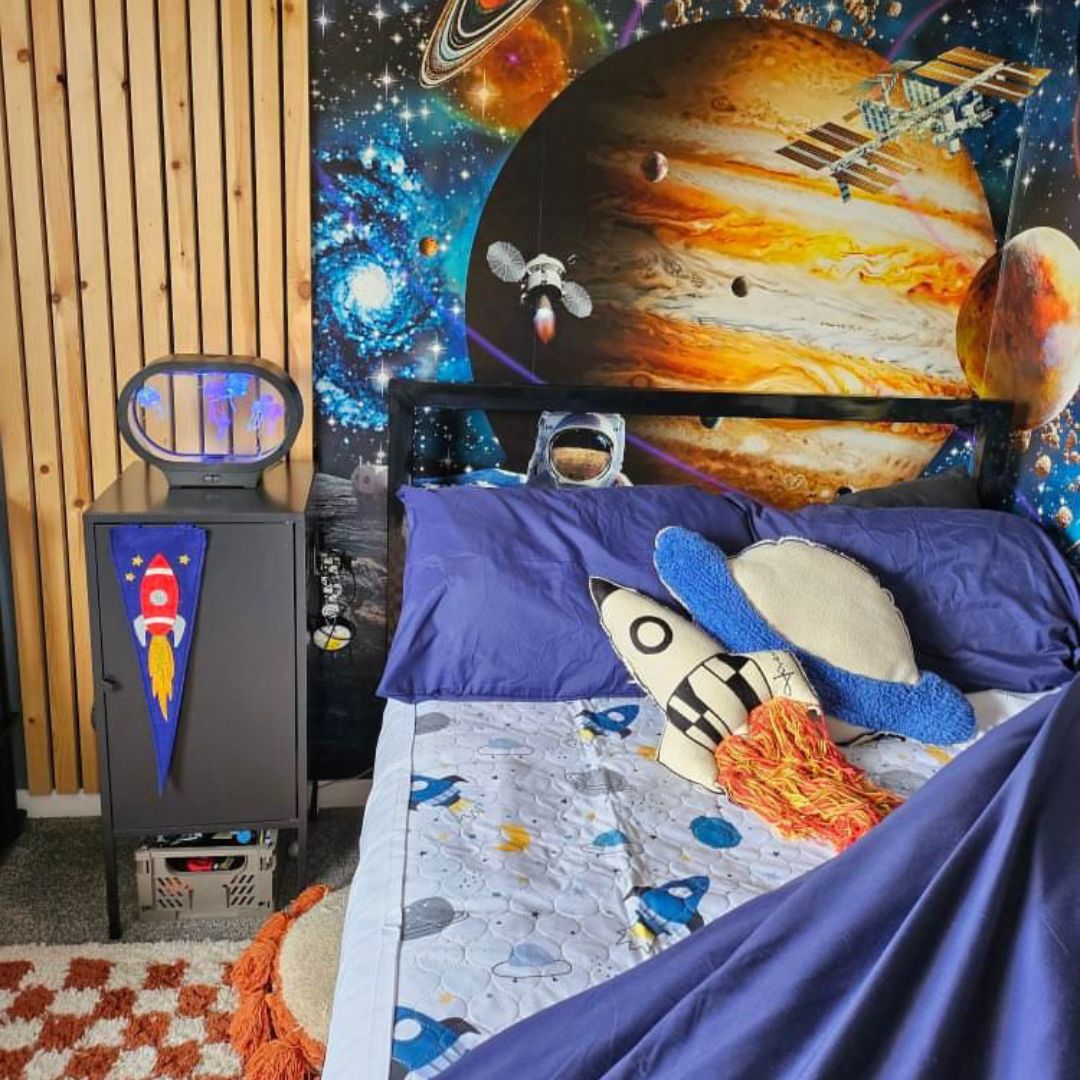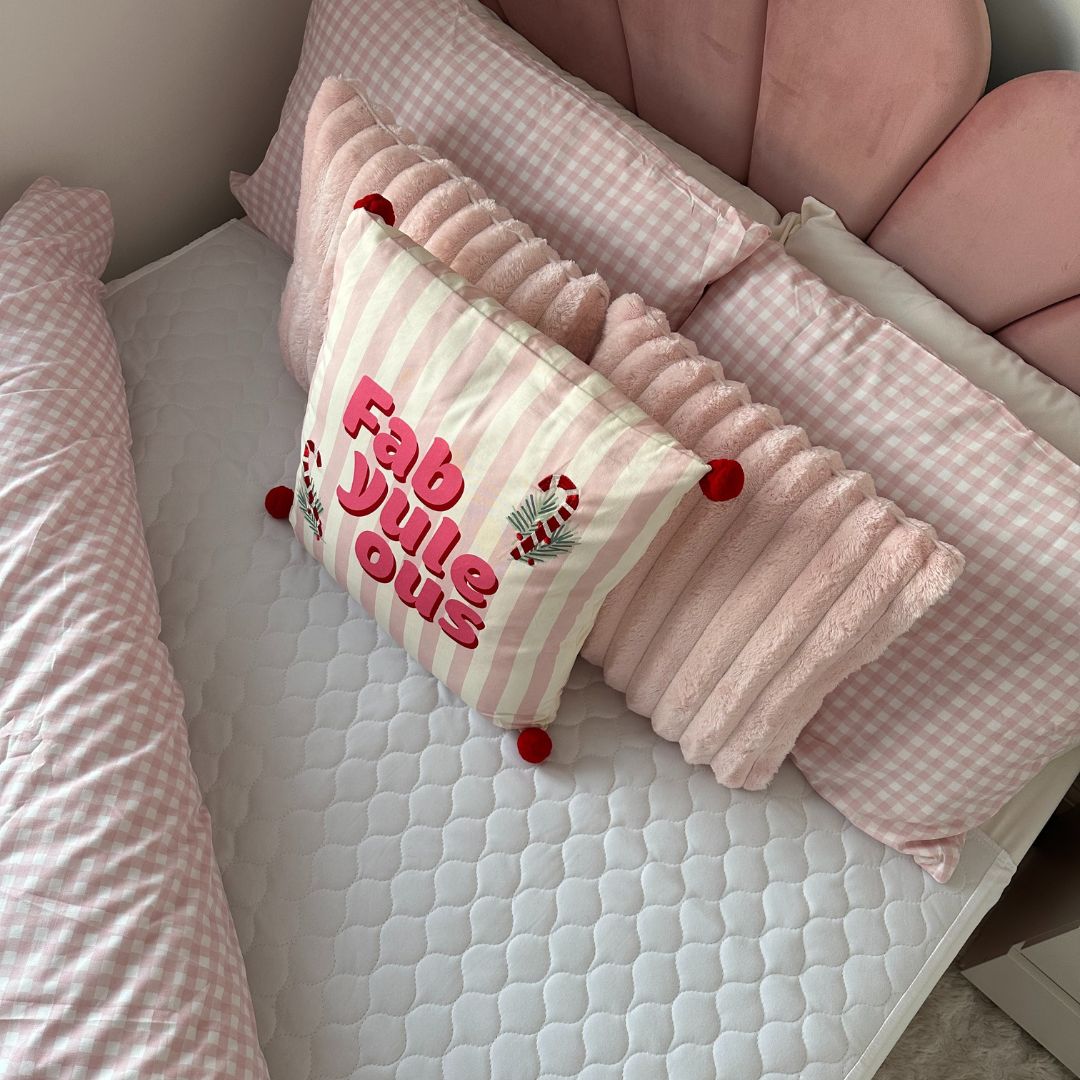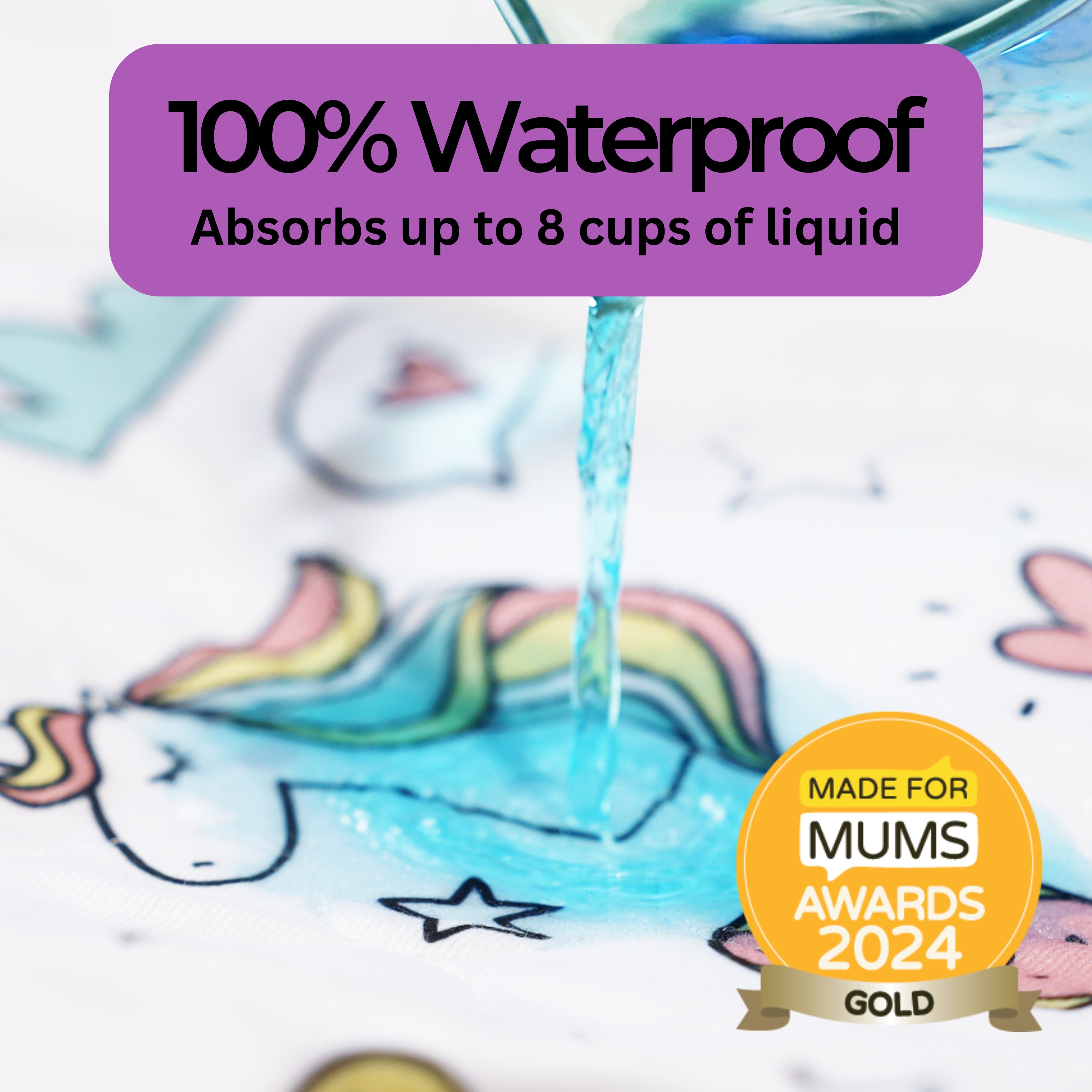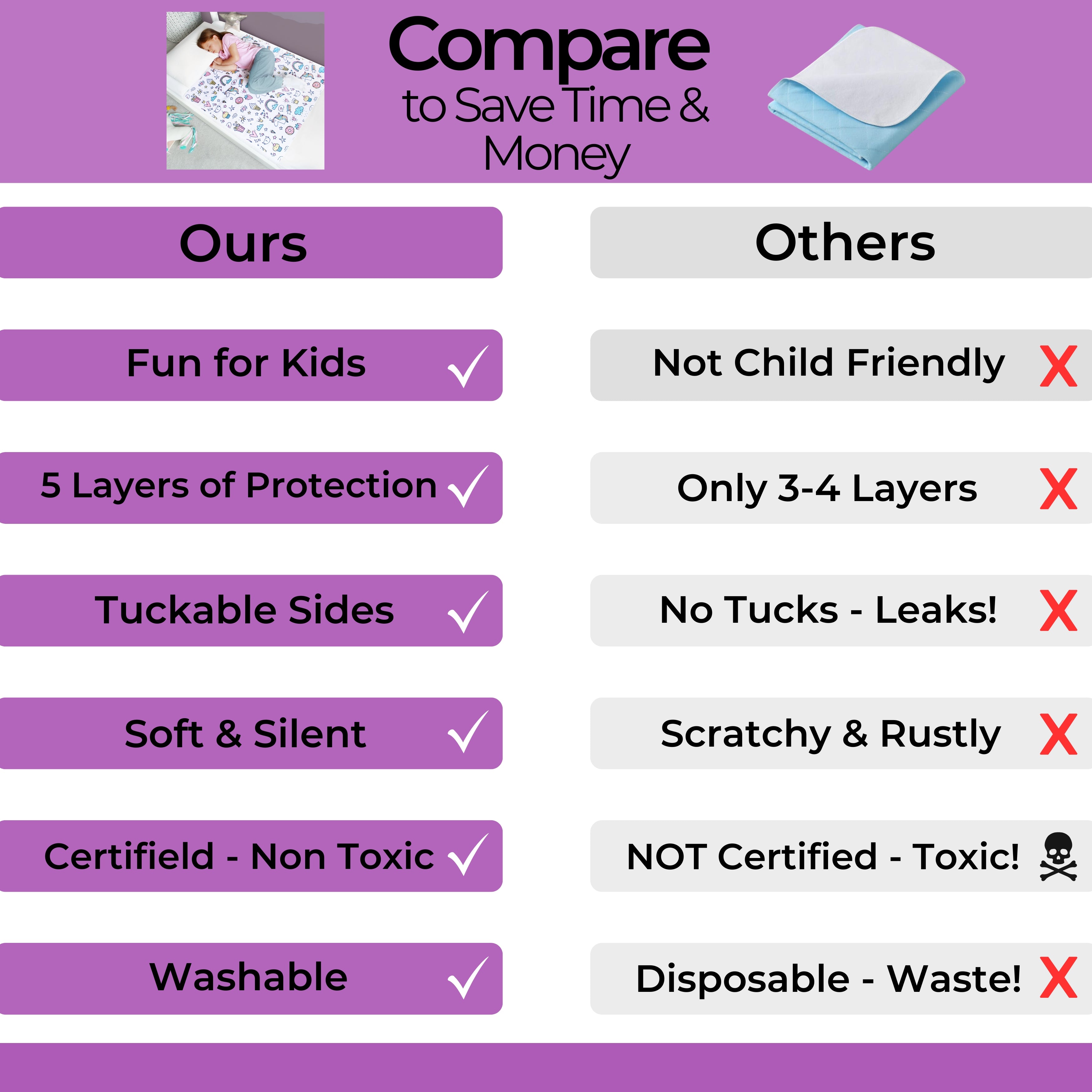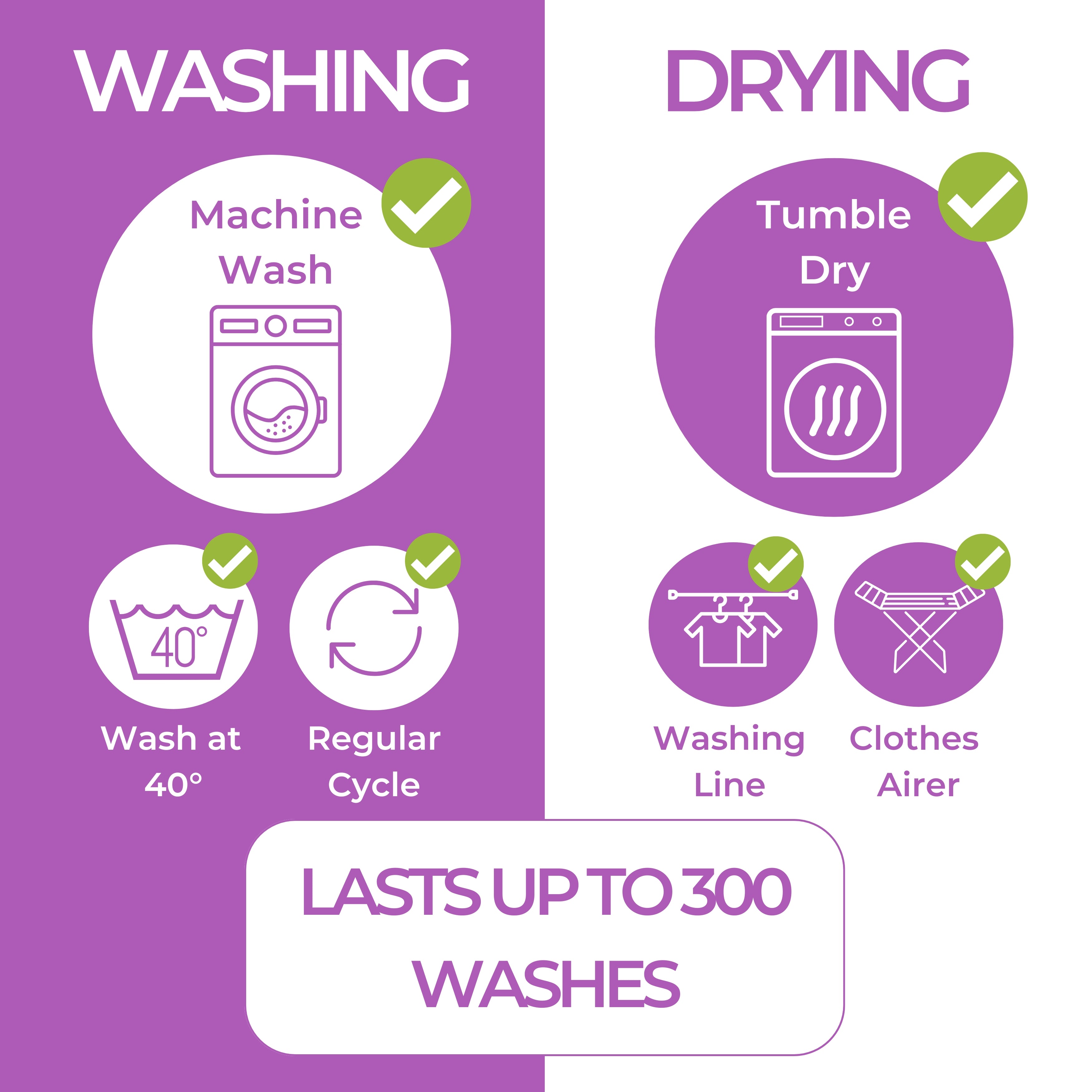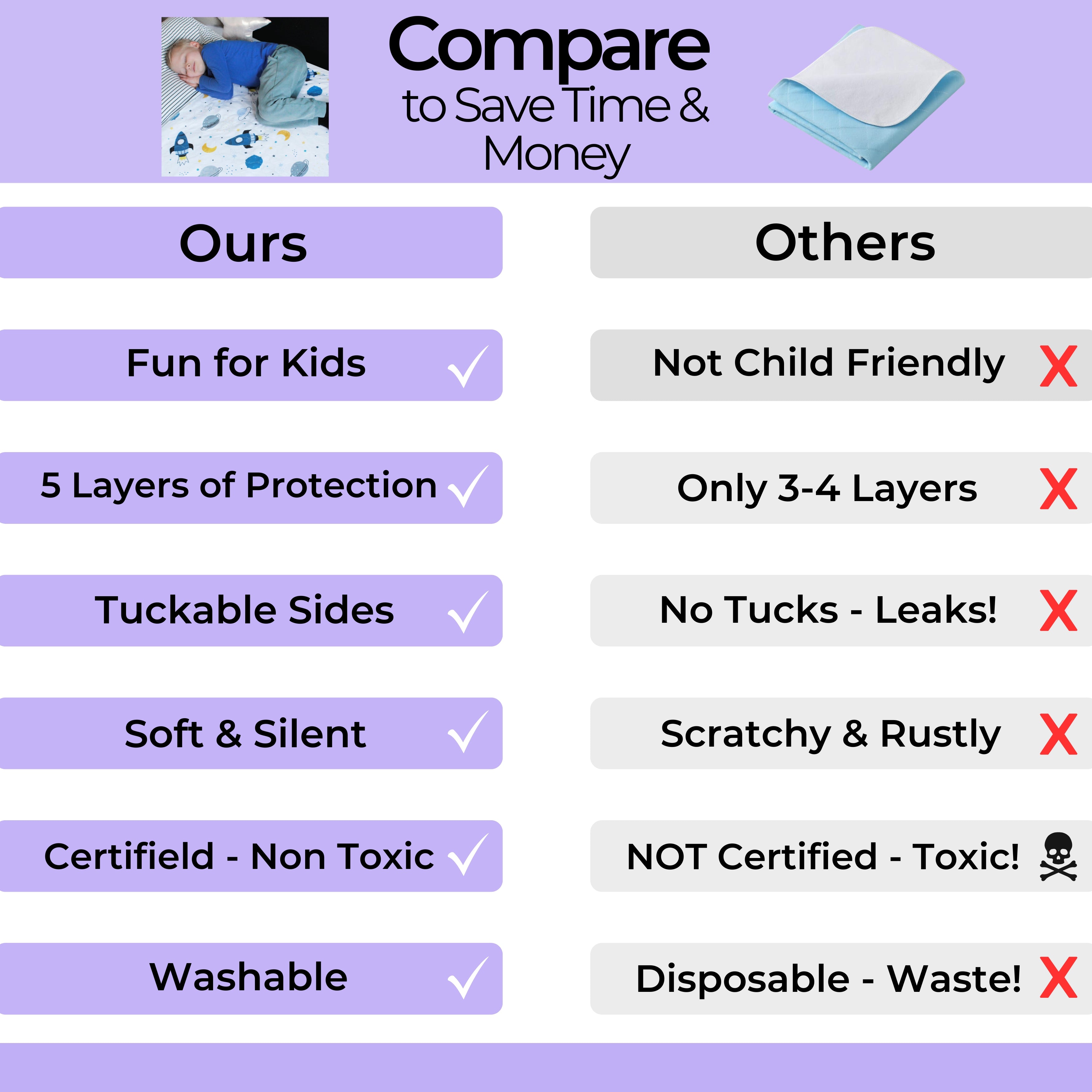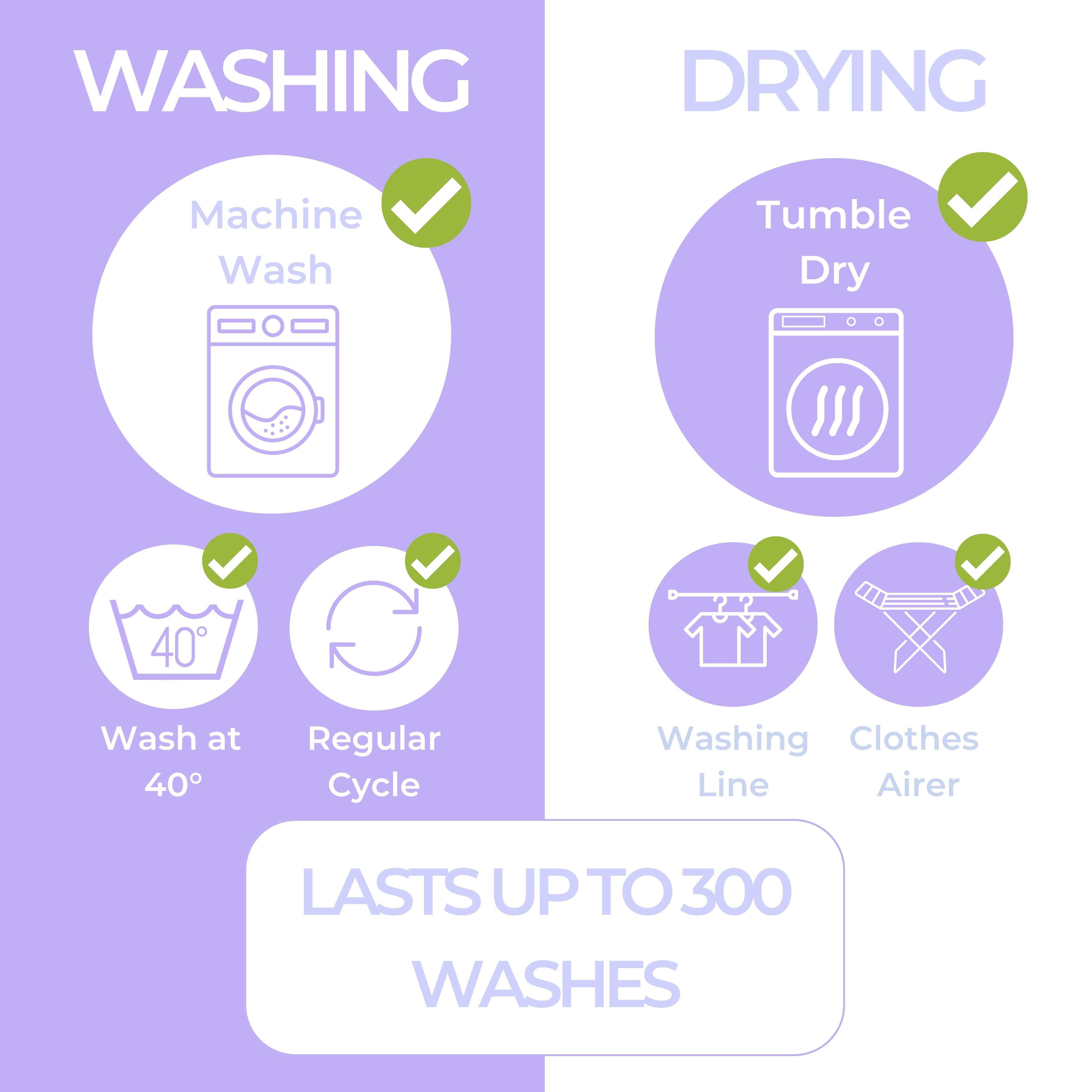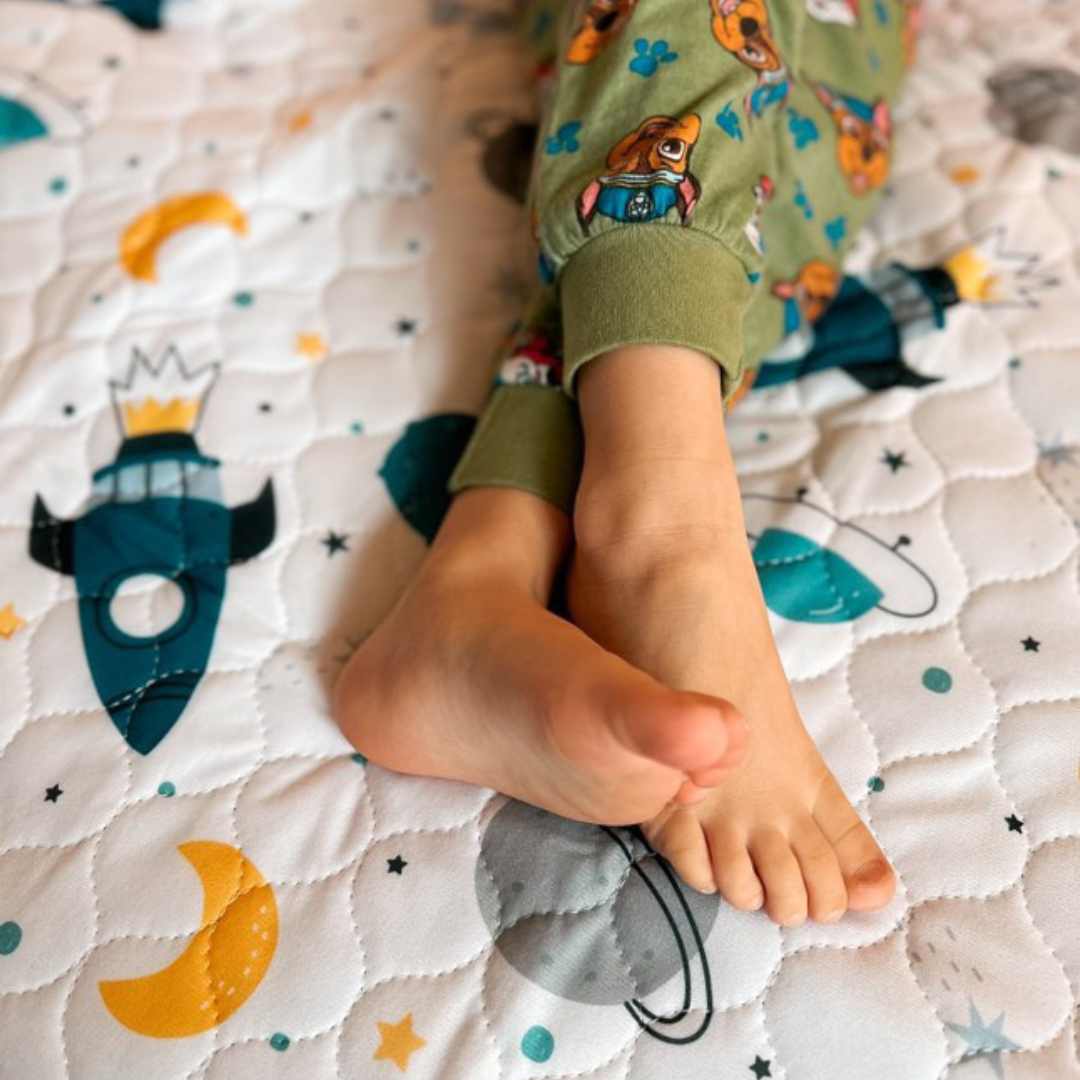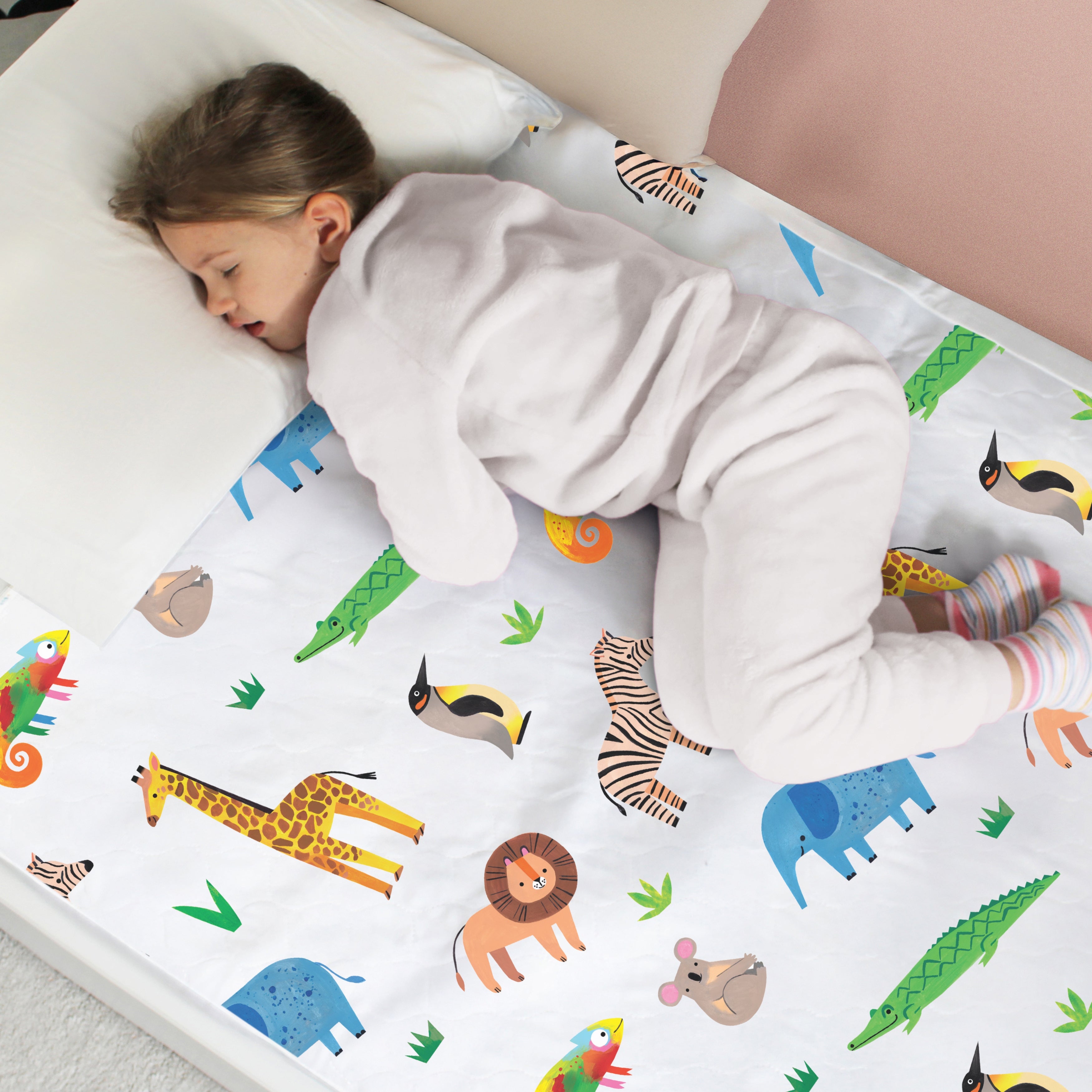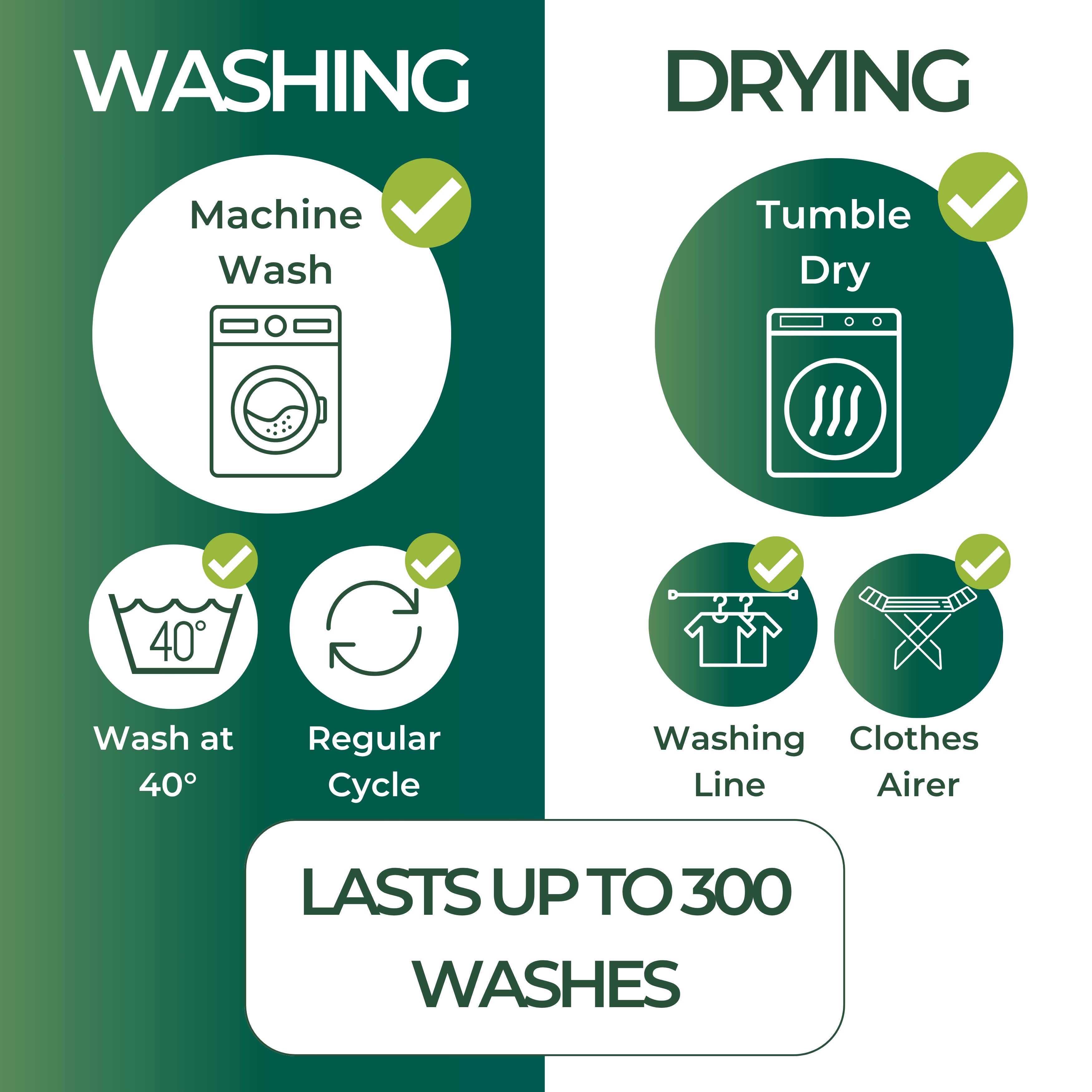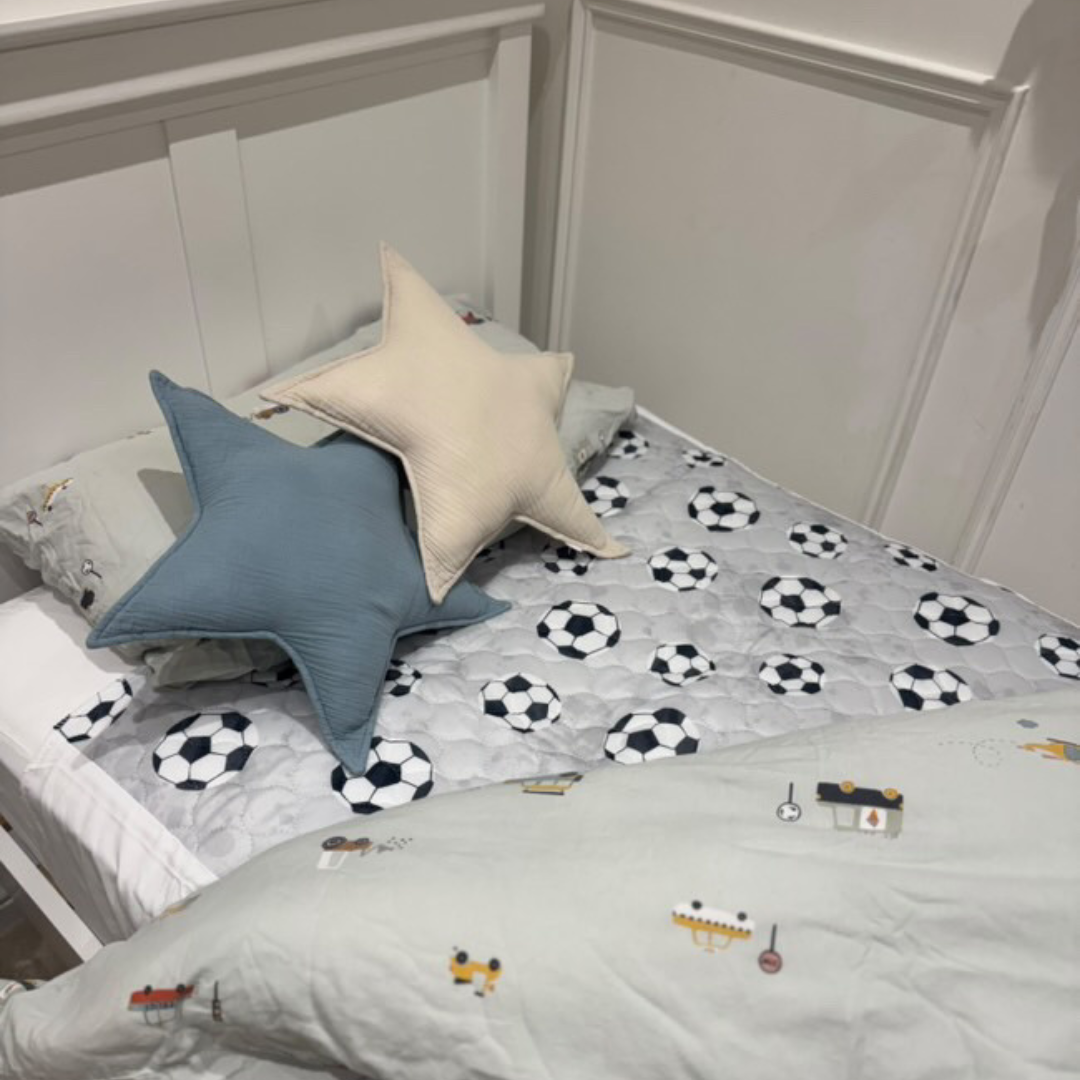Bedwetting is often thought of as an issue exclusive to younger children, but it can persist into the teenage years and even affect those who are 16 years old. This can be a sensitive and challenging issue, but it’s important to remember that with the right strategies and support, bedwetting can be effectively managed and even stopped.
In this blog, we will explore practical tips and solutions on how to stop bedwetting at age 16, with a focus on different age milestones and the unique challenges they present.
Understanding Bedwetting at Age 13
Bedwetting at age 13 can be distressing, particularly as it coincides with a period when children are becoming more self-aware and independent. It’s a time when social interactions become increasingly important, and the fear of bedwetting can lead to anxiety about sleepovers, school trips, and other social activities.
Several factors contribute to bedwetting at this age, including the late development of bladder control, a deep sleep pattern that prevents the child from waking up to urinate, and hormonal changes that affect urine production during sleep. Psychological factors, such as stress or anxiety, can also play a significant role, especially as children face the pressures of adolescence.
Understanding these factors is crucial for parents and caregivers, as it helps them provide the appropriate support and interventions. For instance, limiting fluid intake in the evening, encouraging regular bathroom visits, and using a bedwetting alarm can all be effective strategies. These approaches aim to gradually train the body and mind to wake up when the bladder is full, reducing the frequency of bedwetting incidents.
Proven Techniques to Stop Bedwetting at Age 16
By the age of 16, bedwetting can feel particularly embarrassing and isolating, as most peers will have long since outgrown the issue. However, it's important to recognise that bedwetting at this age is not uncommon, and you are not alone. There are many online communities and Facebook groups with parents of older children that can offer support and may be worth exploring.
Medical intervention may also be necessary for some teenagers. A healthcare professional can assess whether there are underlying medical conditions, such as diabetes or urinary tract infections, that need to be treated. Additionally, medication can sometimes be prescribed to reduce urine production at night or to alter the way the brain and bladder communicate.
Another critical aspect is addressing any psychological factors. Stress and anxiety can exacerbate bedwetting, so therapy or counselling may be beneficial. Cognitive-behavioural therapy (CBT), in particular, has been shown to help teenagers manage stress and develop healthier sleep patterns.
Addressing Bed Wetting Issues at Age 14
At age 14, teenagers are navigating a complex period of physical and emotional development. Bedwetting at this age can add to the challenges, potentially affecting self-esteem and social relationships.
The causes of bedwetting at 14 are similar to those at other ages, including hormonal changes, deep sleep patterns, and stress. However, this is also a time when teenagers are more likely to feel the emotional impact of the condition, making it important to approach the issue with sensitivity and understanding.
One effective strategy is to create a supportive home environment where bedwetting is addressed calmly and without blame. This helps to reduce the teenager's stress and encourages open communication about the issue. In addition, practical solutions such as using waterproof bedding like Hygge Sheets can help manage the physical aspects of bedwetting while other interventions are being explored. Hygge Sheets provide a comfortable, discreet, and waterproof layer of protection, making clean-up easier and helping to reduce the emotional stress of bedwetting.
Steps to Stop Wetting the Bed at 13
For those dealing with bedwetting at age 13, a combination of behavioural techniques and lifestyle changes can be highly effective. Here are some steps that can help:
- Fluid Management: Encourage your teenager to increase their fluid intake during the day. Staying hydrated supports healthy bladder function. However, it's best to limit drinks in the evening and avoid caffeine or sugary drinks, which can increase urine production.
- Regular Bathroom Visits: Make sure your teenager goes to the toilet before bed to fully empty their bladder. Establishing a habit of regular bathroom visits throughout the day can also help train bladder control.
- Bedwetting Alarms: A bedwetting alarm can help train the brain to recognise the sensation of a full bladder and wake up in time.
- Positive Reinforcement: Celebrate progress, no matter how small. Encouragement can help reduce stress and build confidence.
- Medical Consultation: If bedwetting persists despite these interventions, consult a healthcare professional to rule out any underlying medical conditions.
Comprehensive Guide to Stop Bed Wetting at Age 16
Stopping bedwetting at age 16 requires a well-rounded approach that considers both physical and emotional factors. Here’s a step-by-step guide to addressing the issue effectively:
- Medical Evaluation – Rule out any underlying conditions like diabetes, urinary tract infections, or sleep disorders.
- Bladder Training – Encourage bladder training exercises to strengthen control.
- Dietary Adjustments – Reduce the intake of bladder irritants such as caffeine, acidic foods, and artificial sweeteners, especially in the evening.
- Bedwetting Alarms – Consider using a bedwetting alarm to help condition the brain to wake up when the bladder is full.
- Psychological Support – Address any stress or anxiety contributing to bedwetting. This might involve therapy or stress management techniques.
- Medication (if necessary) – A doctor may prescribe medication to reduce urine production at night or improve bladder control.
- Consistency and Patience – Establishing a routine and being patient with progress is key to long-term success.
Practical Solutions for Bedwetting at Age 13
At 13, children are gaining more independence, and bedwetting can feel like a setback. However, with the right strategies, it’s possible to manage and even overcome it.
- Use Bedwetting Alarms – These are highly effective when used consistently over time.
- Make the Bedroom Bathroom-Accessible – Consider using nightlights to help your child navigate their way to the bathroom easily at night.
- Protect Bedding – Invest in waterproof sheets to make clean-up easier and ensure a dry, comfortable sleep.
Conclusion
Bedwetting at ages 13, 14, and 16 can be challenging, but with the right approach, it can be managed and eventually overcome. Understanding the causes, implementing practical solutions, and providing emotional support can help your teenager navigate this issue confidently.
Remember, patience and consistency are key. With time, you’ll likely see positive changes.
Take Care,
Catherine x

